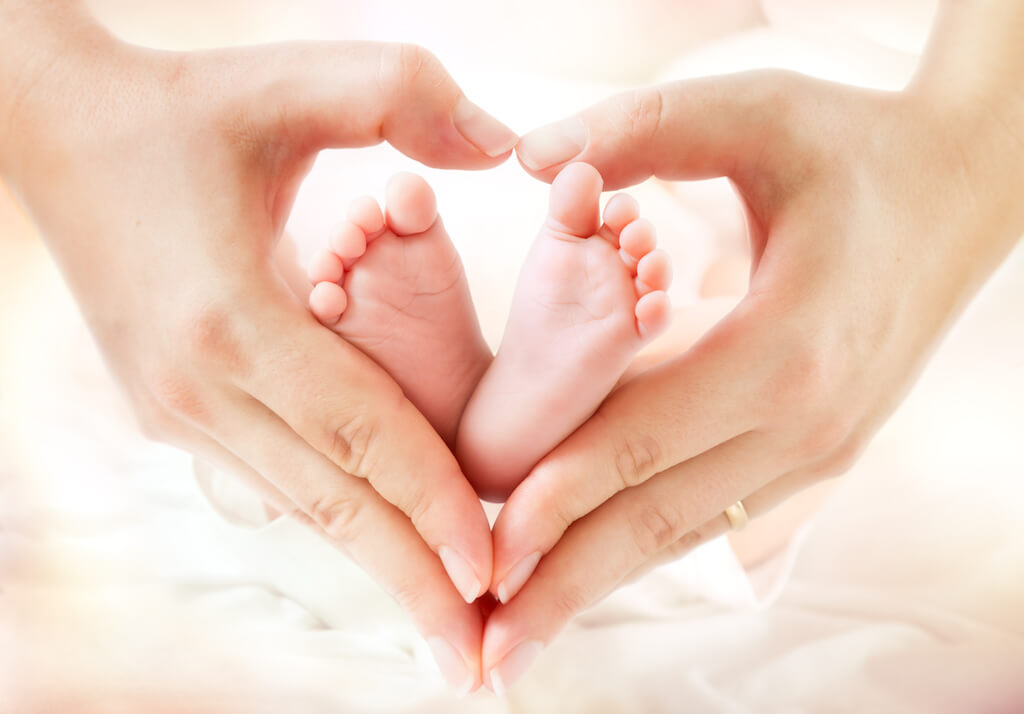May: Pregnancy Prevention and Mother’s Day.
Spring is finally adding brilliant color and bursts of sunshine to the previously gray and dreary days of winter. The days are growing longer, which helps push my bedtime from 6 pm to 8 pm. I can finally sit outside and watch my industrious husband provide a lovely garden for my painfully short summer season.
My birthday falls in May. Though I am ever-so-thankful to keep having these annual reminders of just how old I am, I do wish we could start counting backward. However, birthday shopping for the latest spring styles is one of my favorite pastimes: it tends to last approximately three months.
My favorite youngest daughter, Molly, also has a birthday in May. She was born two days before Mother’s Day many moons ago. I have fond memories of spending that particular Mother’s Day alone with an infant while the rest of the family went to brunch. I enjoyed a melted smoothie for my celebratory meal. But I digress.
Mother’s Day is a momentous day in May for many women. A day to celebrate the women in our lives who have gone through the delightful agony of childbirth and adoption, only to be replaced with such joy and contentment of motherhood that they often endure the process repeatedly.
Pregnancy Prevention Month
May is also Teen Pregnancy Prevention Month as put forth by The Power To Decide.
Not everyone who is a mom intended to become a mom. Or maybe they wanted to have kids one day, just not this day. We refer to those pregnancies as unintended pregnancies. That is not to say the child subsequently brought into this great, big, beautiful world is not loved and cherished, however, it can make life a little more difficult for the moms, dads, grandparents, and other family members involved in the care of the little-unexpected gift.
How about some stats relating to pregnancies in the United States? You can find these and others at the Guttmacher Institute:
- During childbearing years, about half of women will experience an unintended pregnancy.
- A third of women who become unintentionally pregnant will chose to abort.
- Over the span of a woman’s reproductive years, she will commit thirty years to preventing a pregnancy, and about five years of her reproductive years making, on average, two babies.
- Women who use contraceptives correctly account for only 5% of unintended pregnancies.
According to The Power to Decide, teen pregnancy is an issue that needs our attention.
- Twenty-five percent of women up to age 20 become pregnant.
- It costs taxpayers over $9 BILLION dollars to help out pregnant teens.
- Seventy percent of adults believe teens should have access to information about contraception and abstinence.
According to Guttmacher Institute, the good ‘ol U.S. of A. has a teen pregnancy rate higher and STI infection rate higher than most other industrialized nations. Check out this chart by InternationalComparisons.org. Let’s think about that for a moment….
What can we do to ensure that women, especially women in the 15-24 year old child-bearing years, do not become pregnant unless intended?
We know abstinence is the only tried-and-true method, therefore it is an important piece of the conversation. But for argument’s sake, let’s refer to the statistic that about half of high school students have had sex by graduation. And let’s assume that some married couples are having sex but may not want kids right away, or ever. In both these scenarios, the problem is the same: how to prevent pregnancy at that particular time in their life.
Teaching comprehensive sexual health education in the classroom, whether in health class or biology class, offers medically-accurate information that empowers individuals to make healthy choices about sex. They will understand how contraception works, how babies are made, what healthy relationships look like, and how to dialogue with partners about sex. This information benefits people whether they wait until marriage to have sex or have been sexually active throughout high school.
There are some great, medically-accurate online resources – and some really awful ones. Some young people learn about sex from pornography – and we know how accurate that information is (not!).
Healthcare providers are an excellent choice when obtaining medically accurate information, however, sometimes youth find it difficult to obtain information from their physicians.
Who do teens say they are most influenced by when it comes to making decisions about sex?
In other words, who should be doing most of the educating?
YOU.
Mom and Dad
Avoiding conversations about sexual health such as contraception, relationships, and goal-setting will not prevent your child from being curious about sex. It will, however, empower them to make knowledgeable and safe decisions about their health.
So for all you moms out there – birth moms, adoptive moms, foster moms, pet moms, single dads, mentors to women and girls – anyone who fulfills a nurturing and caring role in the lives of children – I wish you all the happiest of Mother’s Day.
To my own daughters, you have made my life colorful and joy-filled. I cannot imagine my life without you amazing young women. Call me.
Me, Molly, Jenny, and Caitie: My sunshine during a dreary Chicago winter.






